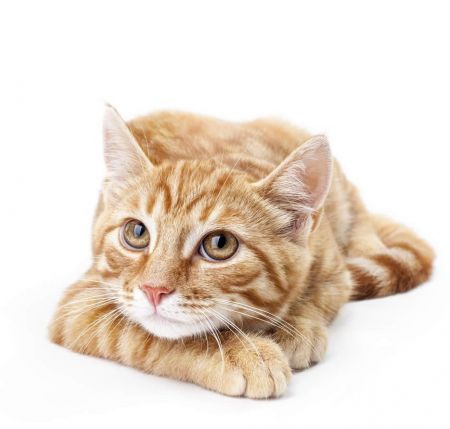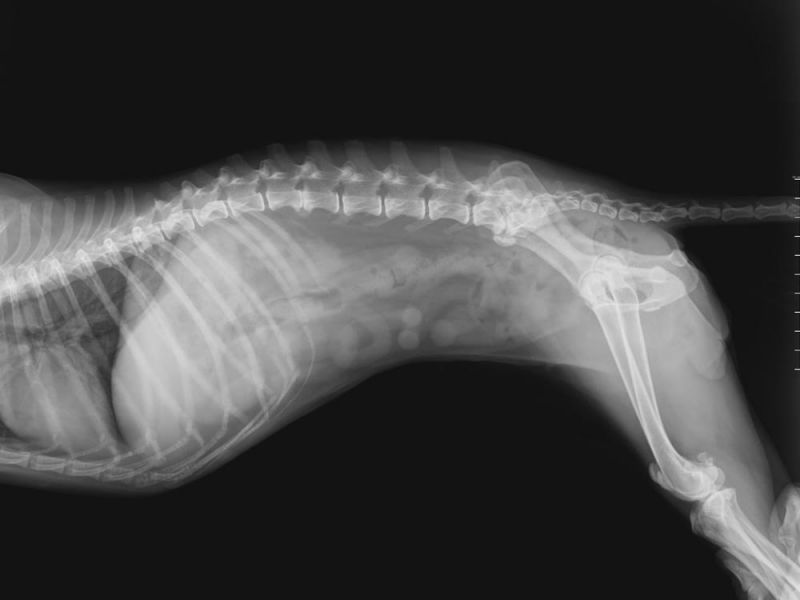About Our Services
We offer pet physiotherapy, nutrition and fitness services


Neurological problems stem from the pet’s nervous system: the brain, spinal cord and nerves, and can lead to unsteady walking or even paralysis of the legs.
Rehabilitation is aimed at using techniques and equipment that help the nerves regenerate by utilising their ability to reorganise and adapt, known as neuroplasticity.
More about Brain and Spine Injuries
Joint and bone (orthopaedic) problems can result from sudden trauma or injury, or they can be more chronic and degenerative in nature.
Physiotherapy improves patient comfort and recovery after injury, helping them to return to their active lifestyle faster.
More about Joints, Bones and Post-Surgery
Strains occur when the tendons that link muscles to bones are injured, whereas sprains are injuries to the ligaments that connect the bones together.
We commonly treat dogs, cats and rabbits suffering from strains and sprains. The initial phase of rehabilitation treatment is to manage pain and slowly re-establish normal movement to the affected area.
More about Muscle Strains and Sprains
Senior pets develop age-related problems such as osteoarthritis and joint pain, weight gain, stiffness, soreness, limping, loss of flexibility, strength and mobility.
Aging gracefully and maintaining quality of life are vital in caring for senior and geriatric pets. Massage therapy, heat therapy, therapeutic laser and pulsed electromagnetic field therapy are very therapeutic, reducing soreness and stiffness.
More about Senior and Arthritic Pets
Canine sports medicine is a rapidly developing field, which focuses on the importance of keeping your pet fit and strong to prevent injury during activity and play.
Whether your pet is a finely tuned athlete or an overweight couch potato, they could benefit from a fitness and conditioning exercise programme.
More about Fitness and Conditioning
Fitness and conditioning is key in growing puppies, however, it is important not to overload their developing joints and open growth plates, causing injury.
Physiotherapy in puppies aims to identify early issues or developmental conditions and focus efforts on appropriate exercises or levels of activity.
More about Puppy Joint Health
Harnesses, slings, braces, supports, non-slip solutions, rear and quad carts or wheelchairs – our trained staff help find the ideal solution to your pet’s mobility issues.
Paws in Motion has many mobility support items available online to help your pet immediately, or we can organise our trained staff to assist with the measurement of your dog, cat or rabbit for custom devices from many international suppliers.
More about Mobility Support and Carts
Pain greatly impacts a pet’s wellbeing, health and mobility. Combined hands-on physiotherapy techniques and equipment help to reduce pain.
Pain is complex and no one simple way to control it. Physiotherapy allows us to combine our hands with technology to improve pet comfort by reducing both pain and inflammation.
More about Pain Management


